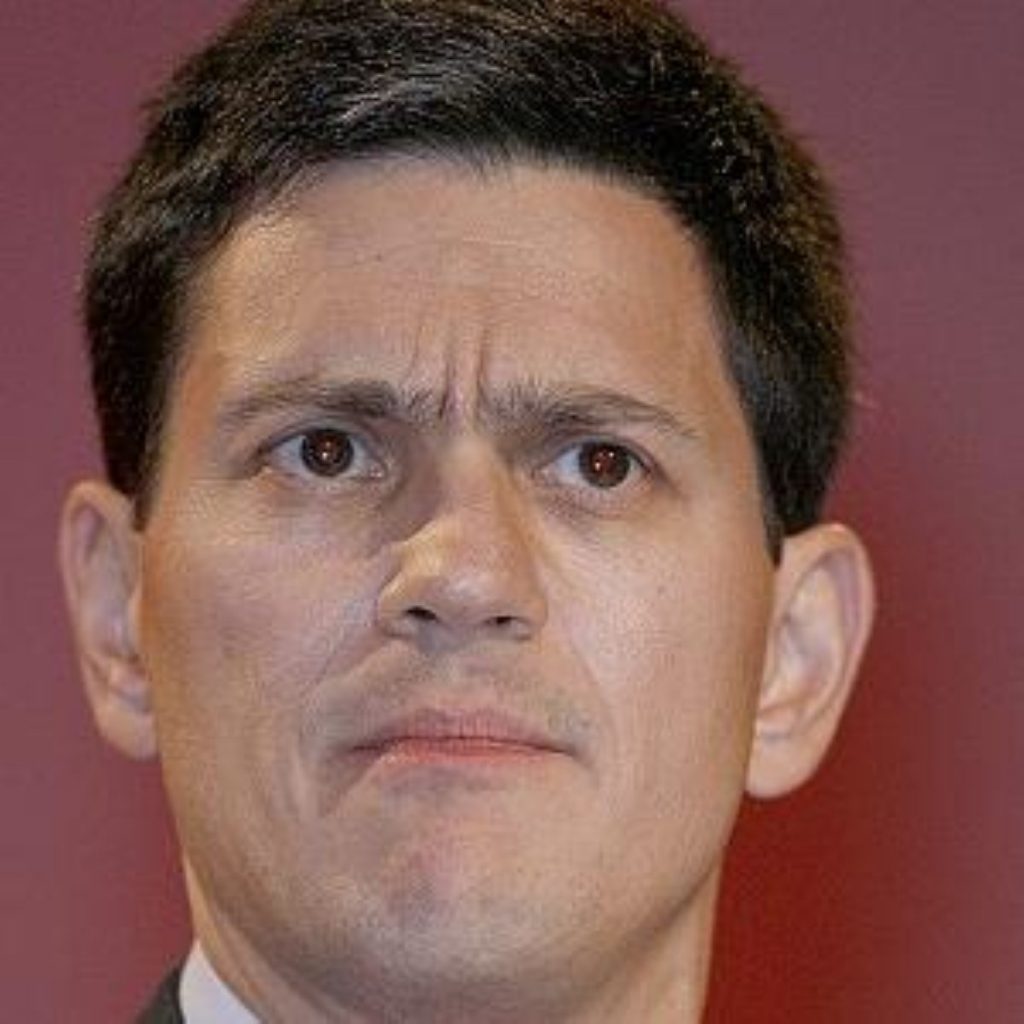Commons approves EU treaty
The Commons last night backed the controversial EU treaty by a majority of 130 MPs.
After five hours of debate, MPs voted 362-224 in favour of the European Union (amendment) bill, with the government comfortably securing the second reading.
Some 19 Labour rebels voted against the government, portraying a more conciliatory backbench than last year, when more than 100 Labour MPs were said to privately support a referendum.
Leading the debate, foreign secretary David Miliband said the treaty would be “good for Britain and good for Europe”.


The reforms contained in the Lisbon treaty will stop the need for continued institutional reform in the EU, Mr Miliband added, bringing a period of stability.
Mr Miliband continued to reject calls for a referendum, insisting the treaty was entirely different in content, structure and outcomes to the original EU constitution, on which the government promised a referendum in 2004.
The foreign secretary went further, appearing to suggest Tony Blair had been wrong to offer a referendum on the original constitution, reminding MPs that parliament is sovereign.
An attempt by Labour rebels to throw out the entire bill and force a referendum was rejected by the speaker, who said the need for a public vote could be discussed in the committee stage.
Labour whips are now preparing for nearly three weeks of debate across February and March, when MPs will debate the treaty line-by-line before having to pass it in its entirety.
Last night, Mr Miliband said the treaty had the support of environmentalists, voluntary societies, children’s groups, development pressure groups and even bishops.
Conservative MP Andrew Robathan was ordered to retract his characterisation of Mr Miliband’s speech as “a rant of propaganda that would be worthy of Goebbels”.
Nevertheless the Conservatives continued to press the government to “honour its commitment” and put the treaty to a public vote.
Shadow foreign secretary William Hague told the Commons the treaty “brings about a “fundamental change in the institutional structure of the European Union”.
He said these were “changes which the government initially opposed, then were happy to define as constitutional in its implications, and now pretend is a matter of little importance about which the people of this country need not be troubled.”
But Mr Hague argued the case for a referendum rests “above all” on the need for the House of Commons and government to honour its commitments.
Lib Dem foreign affairs spokesman Ed Davey said the Tories’ argument that the treaty “somehow threatens the sovereignty of the UK” is absurd.









